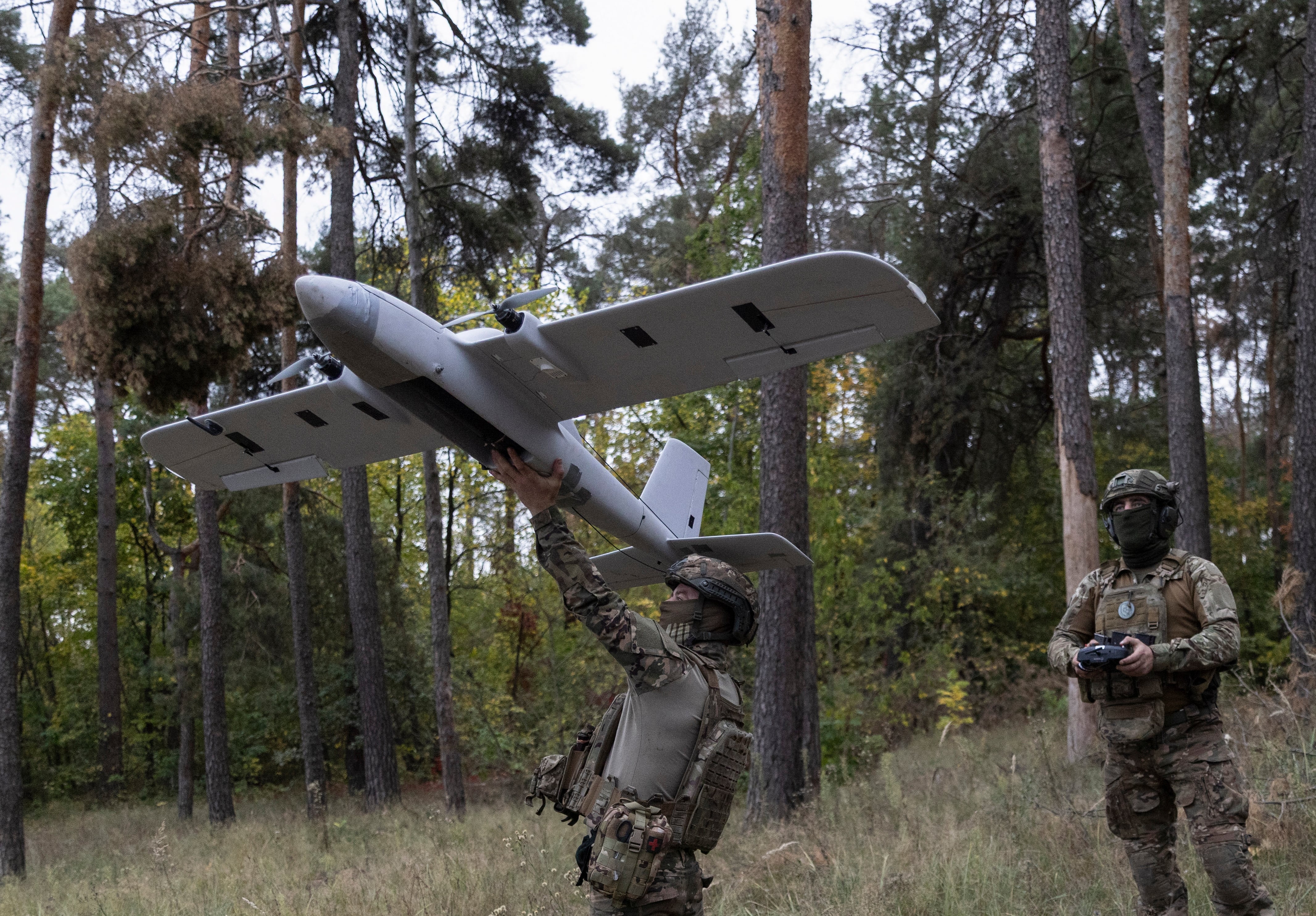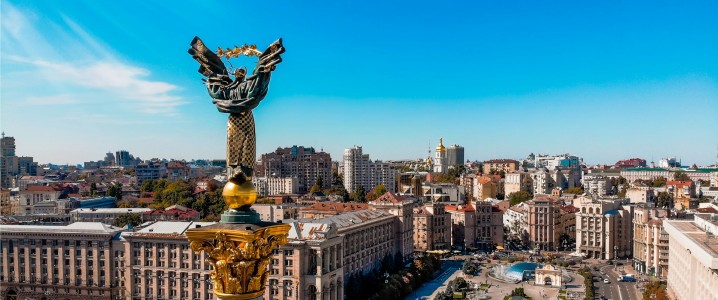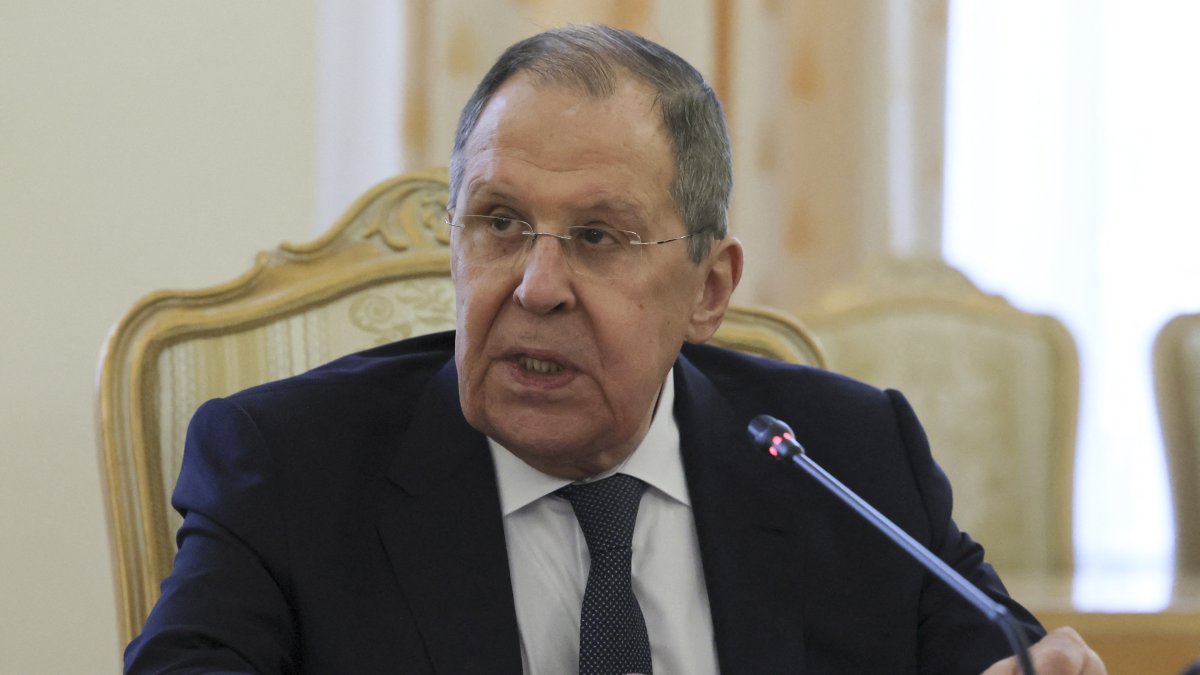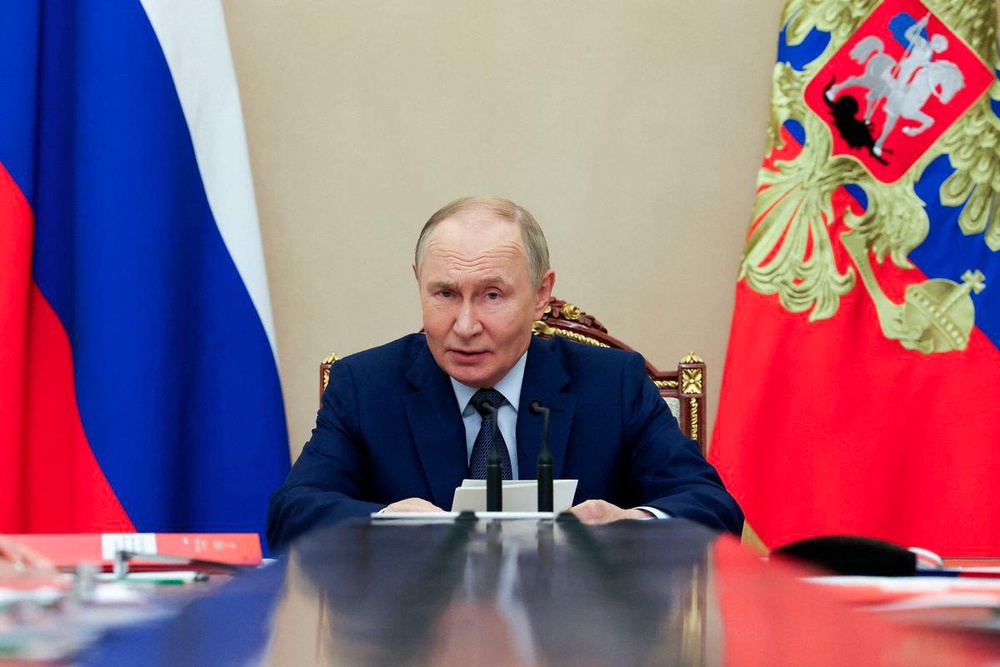The president’s comment about Kyiv recovering all territory occupied by Russia is being interpreted as a sign that Washington will eventually disengage from the conflict
Donald Trump one day says that Ukraine lacks the means to defeat Russia, but the next claims that Kyiv could regain control of the entire country, which was invaded by Vladimir Putin’s troops more than three years ago.
“I think Ukraine, with the support of the European Union, is in a position to fight and WIN all of Ukraine back in its original form,” Trump wrote on his social network, Truth Social, on Tuesday.
His remark, so unlike his usual ones — he has always appeared more aligned with Moscow than Kyiv — and especially so different from the assessments of analysts and observers who believe the armed conflict is at an impasse (with Russia occupying more than 20% of Ukrainian territory), was a surprise, but also cause for concern in Europe. Some read between the lines that Trump is pulling away and washing his hands of the war, preparing to leave the Old Continent definitively alone with the economic, military, and social cost of supporting Ukraine.
“President Trump has stated that Ukraine could, with the support of the European Union, regain all of its territory,” Polish Prime Minister Donald Tusk commented on social media. “This surprising optimism conceals a promise of reduced U.S. involvement and a shift of responsibility for ending the war to Europe. Truth is better than illusion,” said the Polish leader. Tusk has been the clearest and most outspoken on the matter.
In public, most European leaders have welcomed Trump’s apparent change of stance. But privately, it’s a different story. The truth is, no one knows what to expect.
Trump’s swings, his volatility, and his changing rhetoric have led many of the United States’ European partners to conclude that he is not a reliable ally. “I don’t know what more it takes to accept that we are on our own. Not only with Ukraine, which guards our eastern flank, but also in the face of the Russian threat,” says a veteran EU official speaking on condition of anonymity to discuss sensitive matters. The confusion has resurfaced, but as a diplomat from a small European country puts it, “this is not the first time, and it probably won’t be the last.”
Aside from a glimpse of change that suggested Washington might back the coalition of European volunteers seeking to provide security guarantees to Ukraine after a hypothetical ceasefire — and that could include the deployment of European troops on the ground — Trump has always made it clear that, apart from some diplomatic role to claim credit for a possible end to the conflict, Ukraine’s war is a European one.
After nearly four years of a full-scale invasion, the situation in Ukraine is dire: weapons, ammunition, and troops are in short supply (though in Russia, the reality is not much better). Moreover, without powerful U.S. arms and Washington’s economic and military support, the game-changer needed to alter the situation is unthinkable. “To say that with EU help, Ukraine could recover all its territory sounds wrong. Things aren’t turning out the way Trump wanted, and he’s trying to keep reality from splashing back on him,” says another Brussels source.
Before entering the White House, the Republican magnate insisted he could end the war in Ukraine within 24 hours. Once in power, after several contacts with Putin — with whom he has historically enjoyed good relations — and an unusual face-to-face meeting with the Russian president in Alaska, the situation appears not to have shifted an inch. This, says another diplomat, may nonetheless be a good sign that at last — as Europeans have long argued to him — Trump sees that Putin is not playing fair, and that this could have consequences for him.
But now, as the Kremlin leader has shown no signs of being receptive to his diplomatic efforts, Trump has increased the pressure on Europeans to break completely free from Russian hydrocarbons.
“[Trump] is causing distrust and anger among Europeans,” says Ian Lesser from the German Marshall Fund think tank. However, the analyst does not take a “cynical” view of Trump’s message: he does not believe it signals that Trump will disengage from the conflict. “That it is being seen this way [as disengagement] is a reflection of the high level of frustration in Europe over his lack of predictability and the lack of specificity in U.S. policy on Ukraine,” Lesser explains over the phone.
The sense of unease is piling up. Trump’s comments now take on an even more sensitive meaning, as Europe is facing an increase in Russia’s hybrid attacks — such as drone and fighter jet incursions into its airspace — and there is concern over the extent of Washington’s commitment to the defense of its NATO allies in Europe. The worry has grown especially in recent weeks, as talk has resurfaced that the U.S. will withdraw the reinforcements it had sent to Eastern Europe —precisely where the Kremlin’s hybrid attacks have intensified — following Russia’s invasion of Ukraine.
Sign up for our weekly newsletter to get more English-language news coverage from EL PAÍS USA Edition
[SRC] https://english.elpais.com/international/2025-09-26/europe-assumes-it-will-bear-the-cost-of-the-ukraine-war-after-trumps-latest-shift.html
 Visit the website
Visit the website





